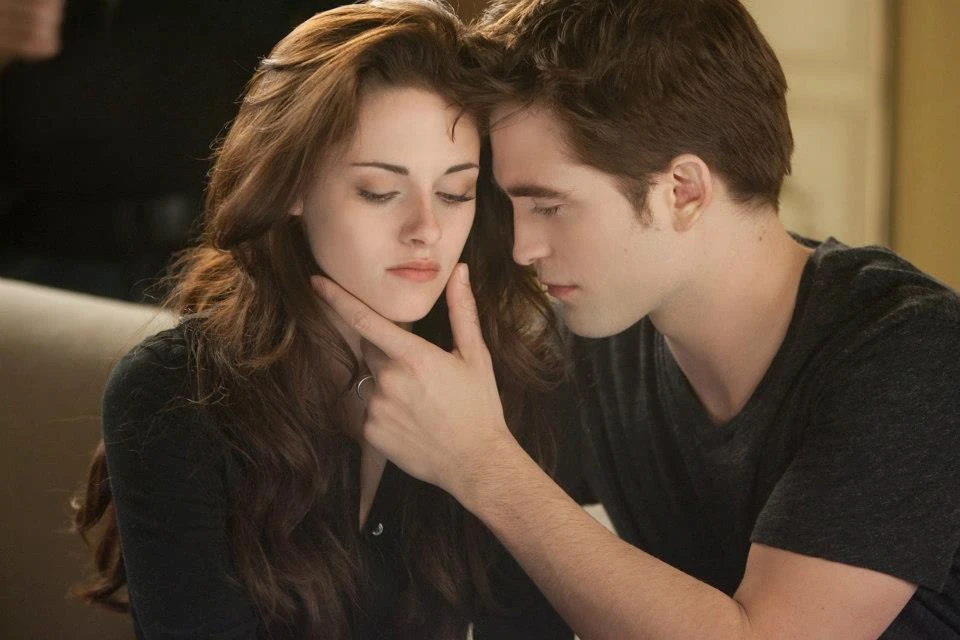It seems like it's harder to find original programming, wether it's television or film. Though there's a lot of great television out right now, it's pretty standard and many of the situations are predictable. Cartoon Network, though, produces a lot of media that's innovative, creative, and fun. One of their newer shows that really impressed me was Steven Universe.
The show follows Steven Universe, a boy who is half human and half "gem" ; a type of supernatural person with powers. The supporting characters are all admirable female characters. (I dislike the term "strong female character" just because it's somewhat vague.) There are three Gems; Pearl is knowledgeable but worrisome, Amethyst is carefree but impulsive, and Garnet is level-headed but fierce. All of the characters range in body type, demographic, and of course, personality.
The minor characters are rather developed as well, and there is a diversity in terms of personality, body types, race, sex and gender. One of the best parts of the show is that the Steven, a male character, looks up to Pearl, Amethyst, and Garnet, all female (or at least they identify as female.) It's really important to see a boy character look up to three female characters; that's usually not the case.
I think representation is important, more so for children's media. When children see people similar to them in the media, it has a positive impact. I know when I was little, I felt empowerment from girl characters like the Powerpuff Girls or Numbah 5 from Kids Next Door. I feel like Rebecca Sugar, the creator of the show and also the first woman to have a show on Cartoon Network, is conscious of this.
There is also the topic of the characters and how queer the show's characters are. Though a lot of people have found different instances in the subtext, there was one scene where two characters who identified at female were reunited and they showed affection with each other. It was confirmed by someone on the show's crew that it was romantic. This is one of the most important representations on the show, because LGBT characters are so scarce in children's media; they're almost non existent. The queer characters represented in the show help children who might feel different, and it tells them, "You are not alone."





